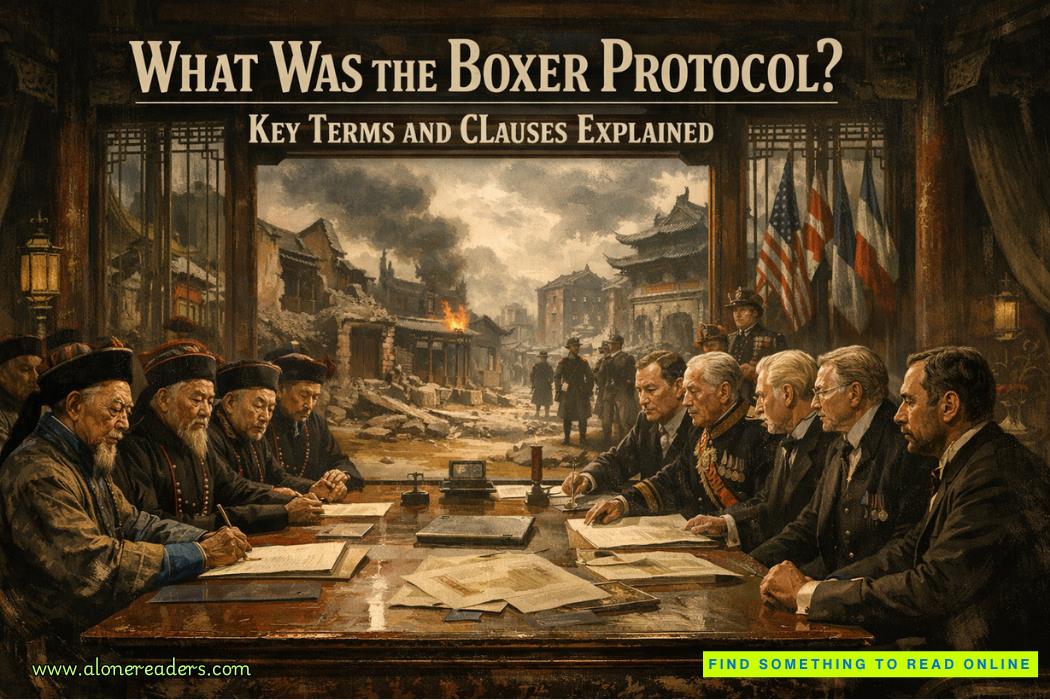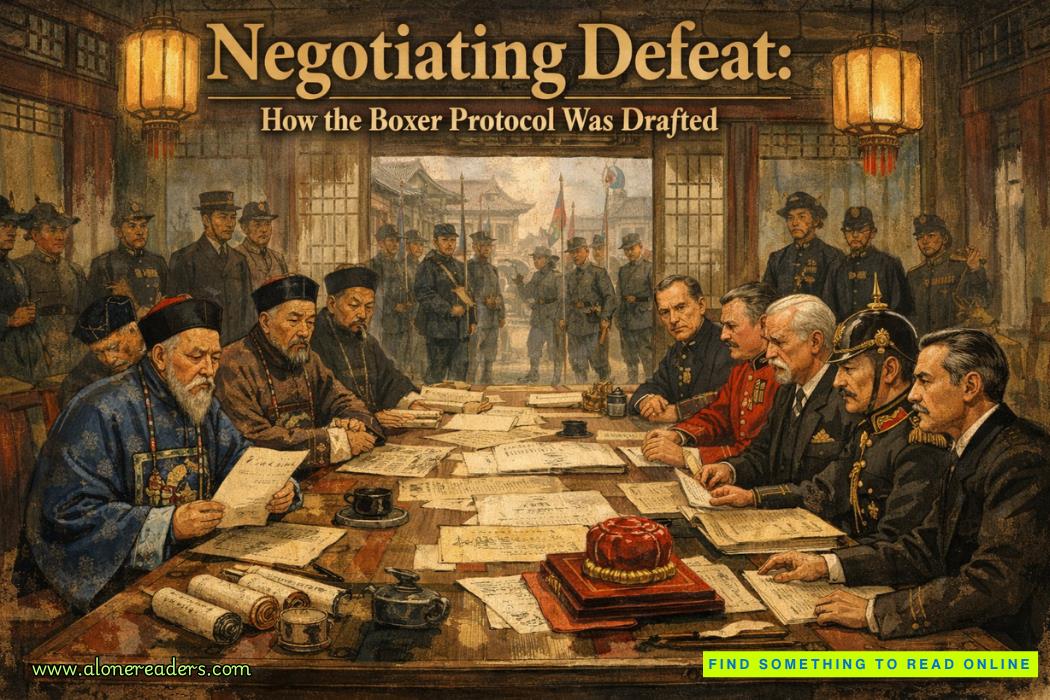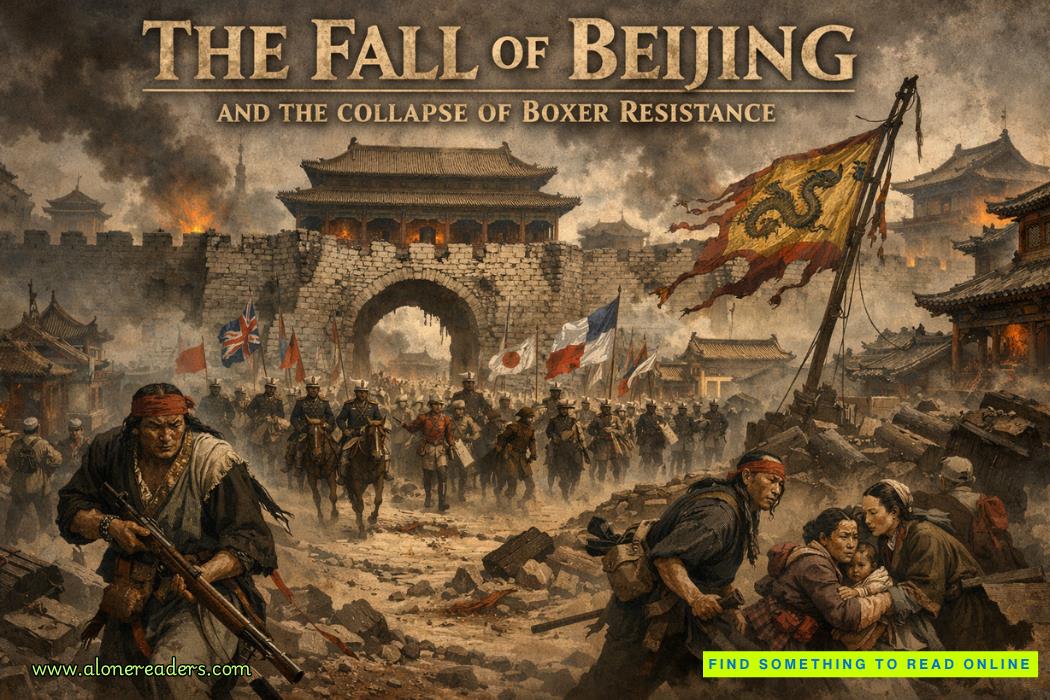“Well, Captain?”
“I turned him down.”
“I thought you might.”
He appreciated the kindness in her eyes. Maybe they understood one another. Mrs. Fillion had begun her career at the Drake as the scullery maid, and now she owned the property. He had joined the Royal Navy as a loblolly boy, feeding the wounded and emptying urinals. He knew howfar from his station in life he had risen, compared to some of the titled officers he had served with. His modest status mattered nothing to Mrs. Fillion, after he saved her second son from pneumonia. Too bad that he died at Trafalgar, but that was war.
He could unbend with Mrs. Fillion. “Trouble is, I have no particular plans, beyond finding a place to live far from the ocean.”
She had the same look on her face as Captain Brackett when Douglas had mentioned his miniscule plans.
He waved it away and beat her to the point. “I do not require a view of the ocean to be entirely happy,” he assured her.
“We’ll see,” was all she said.
Chapter 2
After a beastly night, tossingaround because the bed did not sway from side to side and his dreams had followed him to Plymouth, Douglas packed his duffle. He folded the letter of resignation he had written to the Navy Board and placed it carefully in his inside breast pocket. He looked around to make sure he had forgotten nothing and closed the second of several doors on his Royal Navy career.
Over supper last night, Mrs. Fillion had agreed to keep his sea trunk in her storeroom until such time as he found an agreeable place to live, at which event she would send it to him.
The storeroom had turned him melancholy, lined as it was with other men’s sea trunks, dead men who had left the Drake for the Channel and died in the service of poor King George.
“What should I do with these?” Mrs. Fillion had asked. “When a relative contacts me, I send them on, but it’s been years now.”
I could easily have been one of these, he had thought, ashis neck hairs did a little piping jig. No surviving family, no wife, and no children. By the hand of Providence, he had survived the war a generation long.
“Hold an auction, and give the proceeds to the orphanage here.”
She nodded. “I expect to hear from you in a month with a direction.”
“Aye, Mrs. Fillion,” he said and kissed her cheek. “Count on it.”
He caught the mail coach two doors down and did not look back as the coach traveled up the hill, away from the Barbican and the port that had figured so prominently in his life and in the life of the nation. Instead, he thought of Plymouth’s history as a Royal Navy port and wondered what future surgeons in future wars would think about this cheeky little town that held so many of his memories.
He couldn’t ignore the semaphores lining the coastal road. He remembered when the arms on the semaphores wagged their signals up the coast and eventually to London and Portsmouth, bearing news of ship returns and departures, battles won or lost. The arms hung idle now. What was so important in 1816 that needed more speed than a man on horseback or the mail coach?
Douglas leaned back against the lumpy horsehair cushion and closed his eyes, wishing he had wings to fly him away from the tug and pull of Plymouth and the Royal Navy he was so bent on leaving. He felt a deep hole in his heart and knew that he grieved for the loss of many friends and companions, and many ships, and so many dead that he could not save. He hoped his face did not show his sorrow. The mail coach was full, and he did not relish pitying looks.
He opened his eyes to see an old woman sitting opposite, her expression so kind. As he returned her gaze, she leaned forward across the narrow space separating them and patted his knee.
“I lost a husband and son to Napoleon,” she whispered, tears glittering in her eyes. “I think you have lost too.”
He nodded, unable to speak, but reassured in a way he had not imagined possible. She did not pity him; she understood him. Maybe there would be a village somewhere that would understand and let him just be its surgeon. He closed his eyes and slept, worn out after a sleepless night, and countless other sleepless nights stretching back twenty-five years. When he woke, a Catholic priest sat in her place.
London was much as he remembered it, busy and crowded, the streets reeking with the stink of horse manure. That was one virtue of the sea life—yes, the ships smelled to high heaven too, but it wasn’t horse poop.
He secured a hotel frequented by fellow officers and took his letter to the Navy Board. The clerk sighed to see it and looked at him over smudged spectacles.
“Captain, who in the world will take care of our sailors?”
“Someone other than I,” Douglas said cheerfully. “I take it you have been dealing with many of these?”
“The number is legion,” the clerk said. “Sir.”
He was sent to another office, where a second overworked man stamped approval to his desire to sever himself from the Royal Navy; then he sent Douglas on to yet another functionary intent upon changing his mind.
“Captain Bowden, you have no idea how many surgeons have decided to swallow the anchor,” Captain Bracewood told him. With reluctance, as though the stamp was too heavy to lift, he suspended it over Douglas’s written resignation. When one pleading look went nowhere, Bracewood sighed the sigh of centuries as he stamped, initialed, and dated the letter.















